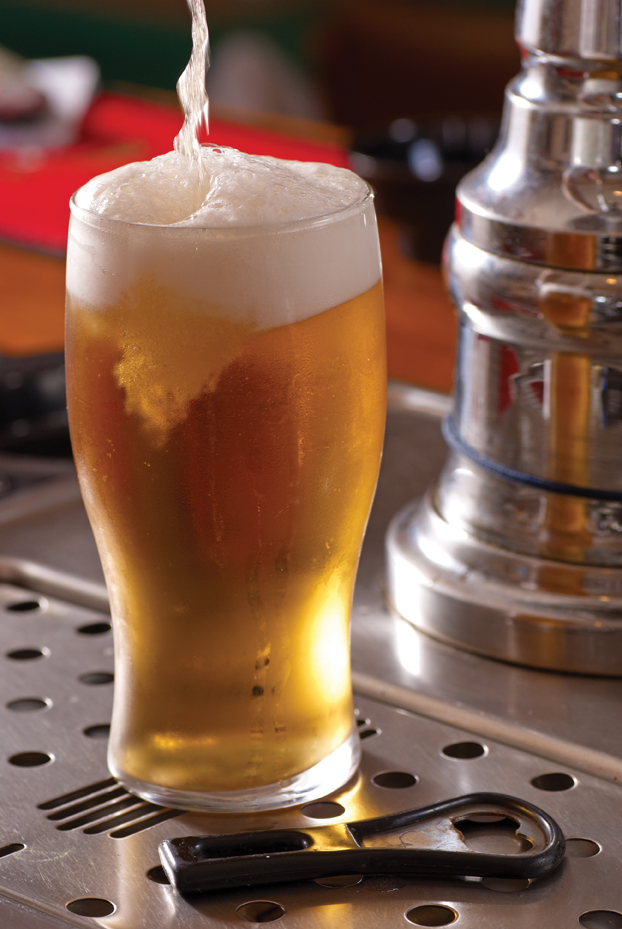Household Bills
Businesses suffer as Omicron prompts surge in cancellations

A fifth of businesses reported increased cancellations over the past month due to the surge in the Omicron variant, according to the Office for National Statistics (ONS).
Businesses not permanently stopped trading were asked if they experienced a change in the number of cancellations from customers in the past month.
Two thirds (64%) of businesses in the ‘other service activities’ industry, which includes hairdressers and other beauty treatments, reported more cancellations than normal.
Nearly half (44%) of businesses in the accommodation and food service activities industry reported an increase in cancellations. At sub-industry level, the accommodation sub-industry had 67% reporting they had experienced an increase in cancellations in the past month, compared with 41% in the food and beverage service activities sub-industry.
Dr Jackie Mulligan, expert on the Government’s High Streets Task Force and founder of Shoplocalonline.org, said: “The number of cancellations caused by the Omicron variant had a devastating impact on high street businesses, from small local retailers to pubs and restaurants. People opted to stay in rather than go out and businesses around the country felt the full force of this.
“During the festive period, on which so many small businesses rely, the Omicron variant turned some high streets into ghost towns. We’re now facing a perfect storm of soaring energy prices and inflation, and rising interest rates, while businesses are also having have to cope with supply chain issues, rising raw material costs and the usual January lull.”
Jo Ferreday, director of events company Sheer Edge, said: “The Omicron variant trashed the hospitality and event industry. Over the past month, we have seen football matches postponed across the UK, resulting in our clients having to reschedule their hospitality plans.
“In Ireland, the Leopardstown Christmas Festival sadly had to take place behind closed doors at the last minute, resulting in us having to refund our clients. A clear roadmap and communication strategy are key to our survival but both are worryingly absent.”
The ONS also found that an estimated 3% of the UK workforce was off work in late December due to sick leave, not working because of coronavirus symptoms, self-isolation or quarantine. This is the highest the figure has been since comparable estimates began in June 2020.
The ‘other service activities’ industry reported the highest absence levels of 7%.The accommodation and food service activities industry also reported high absence levels (6%).
Approximately 57% of the workforce were estimated to be working from a designated workspace (that is, not from home) in late December 2021. This estimate is down from 60% reported in early December 2021 and is also the lowest proportion reported since the response option was introduced in early October 2021.